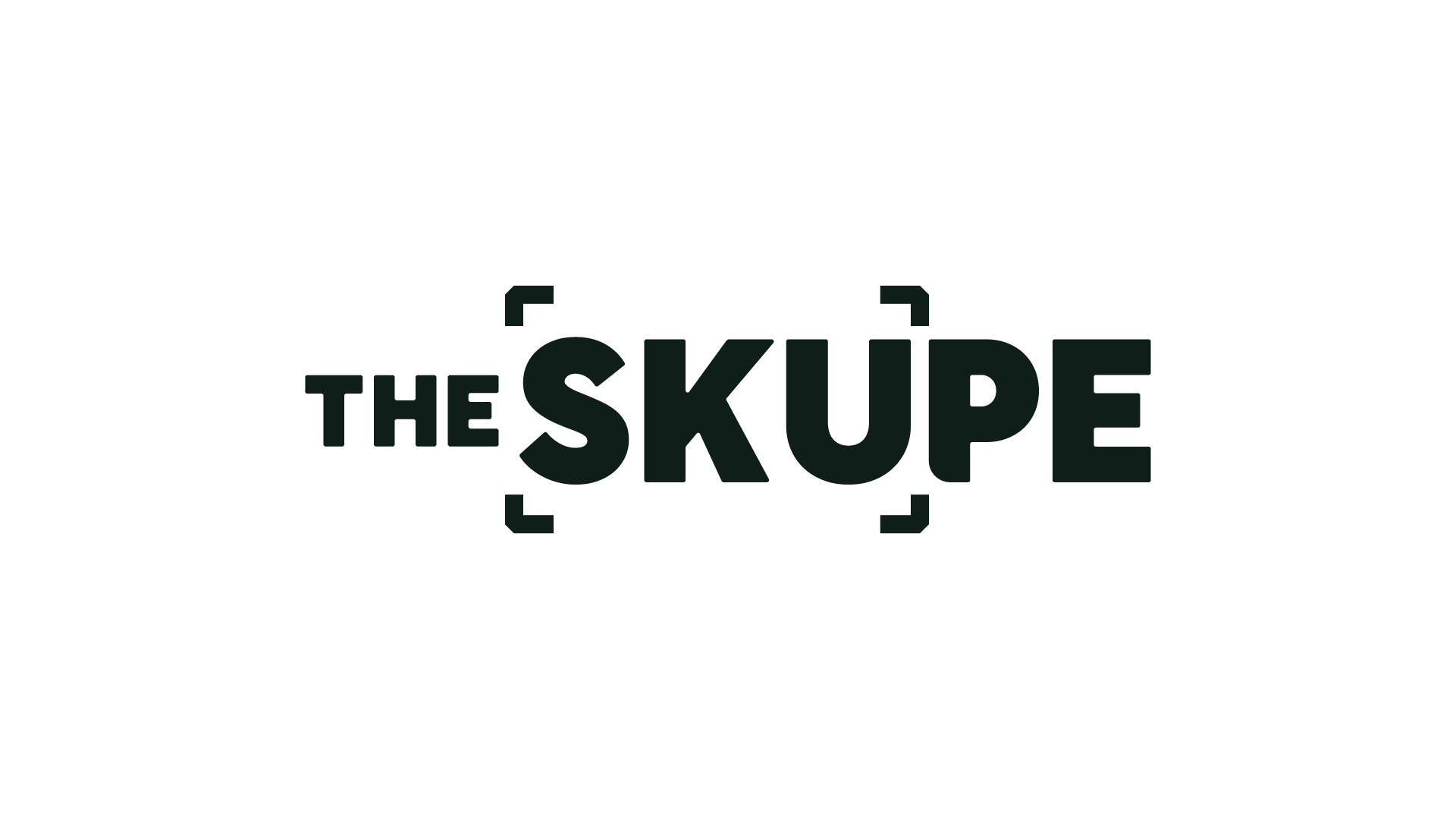Plus: Congressman Barrett hits Main Street | Cracker Barrel’s new logo drama
More small business owners are speaking up. Behind the headlines are real people trying to keep their businesses afloat while tariffs, delays, and rising costs stack the odds against them. Their stories reveal how fragile the connection is between manufacturers, retailers and customers—and how policy decisions ripple through the entire chain.
Also in this issue: Cracker Barrel’s logo misfire, Mickey Drexler on what retail’s getting wrong and a quick guide to NFC (don’t worry—we’ll explain what it actually is). Later this week, catch our conversation with a founder shaking up the natural beauty space.
But first, here is why "Buy one, get one free" isn't always the best bang for your buck.

It’s baaack. The Pumpkin Spice Latte returns, along with new Starbucks treats.
Boarded up? Monopoly, Scrabble and other board games are getting pricier.
The Hamptons are popping. Summer pop-up shops, collabs proliferate.
Going big. Dillard’s department store buys a Texas mall.
Caffeine hit. Your daily cup of joe is getting more expensive.

Tales from the front: How tariffs affect small business owners
Colorado small business owner Shaun Beall, whose company Tactile Audio Furniture specializes in custom pieces for music lovers and audiophiles, sat down with U.S. News & World Report to detail how tariffs have affected his business.
“We, as the importer, write the check to the U.S. government. It's a tax on us, plain and simple. Tariffs are not being paid by foreign governments or suppliers. Tariffs create a negative economic ripple effect for our local supply partners, our workers and our customers. Ultimately, tariffs hurt our ability to compete, which is the very thing they are supposed to help with,” he says.
Why this matters: Rising costs are hurting small businesses’ ability to grow, while tariff-related delays are slowing down their ability to get products to customers. Says Beall, “It's demoralizing to work this hard to build something special and have our own government actively working against our success. It's hard to see the wisdom of these policies for today's American businesses and consumers.” (U.S. News & World Report)
Are the new tax breaks enough to help small business owners?
Trump’s Big Beautiful Bill includes permanent tax breaks that should help small business owners when it comes time to file, but his tariffs and rising prices are hurting them now. Emmanuel Dunbar, co-owner of Royal Diaspora Coffee in Temple Terrace, FL, says the 50% tariff on Brazilian beans means that coffee that cost less than $2 in 2017 now costs $8. The cost of his paper cups and glass mugs has tripled in the last two months. Jennifer Hill, owner of Peterbrooke Chocolatier in Carrollwood, FL, says she’ll likely have to raise her prices because cocoa is getting more expensive, but the tax breaks mean she’ll be able to pay herself and her employees more, and she can now claim 100% depreciation of tools and machines she purchases in the same year she buys them, rather than deducting it slowly over time.
Why this matters: While being able to deduct 20% of their income and claim 100% depreciation will help, "It is impossible to plan and be accurate with what we're going to spend," Dunbar says. "We are really just trying to work day by day and week by week. We know that having those cuts will benefit us in the long run, but it's really hard to look that far ahead." (WUSF)

What big box retailers have to say about tariffs, absorbing costs
What you need to know about website security, data protection
Cracker Barrel scraps new logo design
Why some small business owners lean to the right
Watch: Congressman Tom Barrett, SBA’s Kelly Loeffler visit SMBs

Mickey Drexler on the state of retail, the role of CEOs, AI
Retail legend Mickey Drexler, revered for his leadership at Barneys New York, GAP and J. Crew, and now Alex Mill, sat down with Robert Safian to talk about the future of retail, how the role of CEO has changed, the limitations of AI and the lessons he learned from his friend Steve Jobs. “Retail now, it’s a whole different world. I think the merchant has gone out of the business a bit. A lot of people who lead the companies are not true-born whatever merchants. It’s about numbers, it’s about earnings, but at the end of the day, the most important issue in any business is the product, the goods. And I don’t think a lot of people really pay that much attention to the goods... And with investors, in my experience, it’s all about the earnings, all about the money,” he says.
“I’m not really concerned with AI. I don’t think AI will be able to pick colors. I don’t think AI will know how to invest in merchandise. I don’t think AI is going to know how to negotiate with a factory owner worldwide." –Mickey Drexler, Chairman, Alex Mill
Why this matters: Drexler prizes creativity and product. He admits that he’s been wrong, but you could do worse than to follow someone with his track record. He says, “The store is easy. I go in, it takes a minute to know if we look good or not. Online, I find that websites are never-ending and a customer doesn’t need that many choices. What do you love? What message do you want to give?” (Fast Company)

Thanks for reading this week's edition!
You can reach the newsletter team at theskupe@mynewsletter.co. We enjoy hearing from you.
Interested in advertising? Email us at newslettersales@mvfglobal.com
The SKUpe is curated and written by Marcy Medina and edited by Bianca Prieto.



Comments ()